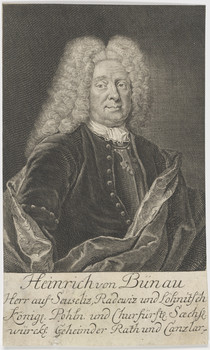Longing for what we have lost 1.1
Winckelmann’s journey into the classical past
Beginnings

Winckelmann’s early pursuit of the classical past was fraught with difficulties. Like many poor boys of his day he relied on charity to complete his education. He attended university in Halle, where he studied theology, and went on to become a schoolmaster. Winckelmann would look back on this period as a time of ‘grief, want and toil’. Yet there was something innate in him that resonated with Greek art and the beauty contained therein. He had glimpsed the Greek past in its poetry and became inspired to seek a new life as an antiquarian. In an essay on aesthetic education, Winckelmann writes:
This capacity [to perceive beauty in art] is aroused and matured by good education and appears earlier than is the case with a neglected education, which, however cannot stifle it, as I for my part know here.[1]
Winckelmann’s opportunity to delve deeper into the classical world came in 1747, when he gained a post as librarian to the Prussian count Heinrich von Bünau. It was in Bünau’s library that he got his first exposure to elite and scholarly culture and was able to read broadly in old and new learning in many fields. Here he met travellers and diplomats who whetted his appetite to journey to Rome. Before he even left his homeland he published his first essay on ancient art, Thoughts on the imitation of Greek works in painting and sculpture (Gedancken über die Nachahmung der griechischen Wercke in der Mahlerey und Bildhauer-Kunst [Dresden 1755]). Although only fifty copies of the first edition were printed it was highly influential, and was quickly translated into other languages, including French and English.
[1] Winckelmann 1763, 91 (Essay on the Beautiful in Art).
→ 1.2. Life in Rome
